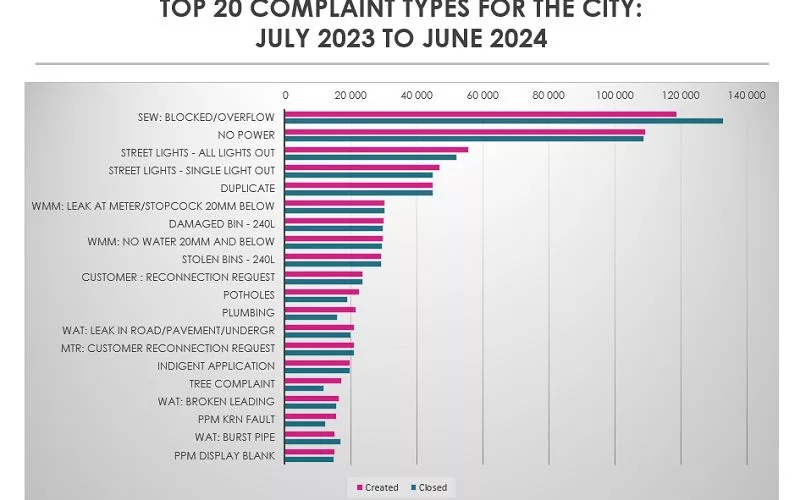Ithala Bank in South Africa is facing compliance issues that threaten its operational capacity and profitability. Achieving complete compliance is essential for the bank to acquire a complete banking license and expand its clientele, which is crucial for its developmental initiatives that support small businesses and rural communities. The Standing Committee on Finance has emphasized the importance of regulatory compliance in sustaining faith in financial institutions and guaranteeing their longevity. Despite the challenges, the bank’s journey towards compliance is crucial for its future stability, growth, and contribution to the community.
Why is regulatory compliance important for Ithala Bank?
Regulatory compliance is essential for Ithala Bank’s operational capacity and profitability. Achieving total compliance puts the bank on the path to attaining a complete banking license and enables it to expand its clientele. Compliance also has repercussions on the wider community and the nation in its entirety, given the bank’s developmental initiatives.
In the contemporary world where global finance dictates the pace, the robustness and trustworthiness of banking structures are of utmost relevance. This belief was recently underscored in South Africa, in light of the ongoing compliance issues at Ithala Bank. During a frosty September day, the Standing Committee on Finance, spearheaded by Dr. Joe Maswanganyi, highlighted the need for an immediate resolution to the identified inadequacies on their joint legislative inspection at the bank. Their call to action signifies the vital importance of regulatory compliance in sustaining faith in our financial institutions and guaranteeing their longevity.
Compliance Challenges at Ithala Bank
Ithala Bank, a considerable force in South Africa’s financial field, recently encountered a stumbling block when its Financial Services Provider (FSP) license was temporarily revoked due to compliance violations highlighted by the Prudential Authority and the Financial Sector Conduct Authority (FSCA). The suspension decisively conveys that adhering to regulatory requirements isn’t simply preferable; it’s essential.
Dr. Joe Maswanganyi, the chairperson of the committee, underscored the need for thorough compliance to secure the license restoration. He made it clear, stating, “If Ithala meets all the concerns raised by the regulators, the license will be reinstated, allowing the bank to proceed with full operations.”
Measures Towards Compliance
The bank, meanwhile, has not been inactive. They updated the committee about measures implemented to tackle these barriers, including the onboarding of crucial executive personnel such as the Chief Revenue Officer, and an independent Chairperson of the Board with extensive banking experience. They are also striving to enhance their banking system, an indispensable part of their compliance endeavour.
Despite these substantial advancements, the committee reasserted the requirement for comprehensive compliance. Fulfilling regulatory obligations isn’t merely about rectifying past mistakes—it’s also about sculpting a safe future for the bank and its customers. It’s a journey to reassure depositors of the safety of their funds, despite the current turbulent times.
Importance of Compliance
So, why is this compliance so vital? It fundamentally relates to the bank’s operational capacity and profitability. As Dr. Maswanganyi clarified, “The bank is currently incapable of soliciting new clients, which will obstruct the bank’s profitability.” Without the opportunity to expand their clientele, the bank’s future looks bleak.
Furthermore, achieving total compliance puts Ithala Bank on the path to acquiring a complete banking license—a noteworthy milestone in their journey. Importantly, the bank’s developmental initiatives, such as extending loans to emergent small businesses and offering home loans to rural communities, play a crucial role in South Africa’s democratic transformation agenda. Hence, compliance isn’t just about the bank—it has repercussions on the wider community and the nation in its entirety.
Warnings and Reassurances
Amid these compliance endeavours, the committee cautioned against incessant litigation—a pattern they considered unsustainable. While recognizing the right to pursue legal remedies, the committee encouraged the bank to concentrate on addressing deficiencies to guarantee stability and growth.
Regarding the depositors, the committee offered reassurance, pronouncing their dedication to protecting their interests and ensuring the bank’s resumption of full activity. Echoing Dr. Maswanganyi’s statement, “Depositors shouldn’t panic; we will safeguard their interests.”
The ongoing saga of Ithala Bank serves as a powerful indicator of the critical role of regulatory compliance in the banking sector. As we traverse the complex maze of global finance, the significance of trust, transparency, and compliance is accentuated. For Ithala Bank, their journey towards compliance symbolizes not just a resolution to their immediate obstacles but also a strategy for their future triumph. Despite the challenging path, the reward—stability, growth, and the chance to contribute substantially to the community—makes it an endeavour worth undertaking.
1. Why is regulatory compliance important for Ithala Bank?
Regulatory compliance is essential for Ithala Bank’s operational capacity and profitability. Achieving total compliance puts the bank on the path to attaining a complete banking license and enables it to expand its clientele. Compliance also has repercussions on the wider community and the nation in its entirety, given the bank’s developmental initiatives.
2. What challenges has Ithala Bank faced in terms of compliance?
Ithala Bank recently had its Financial Services Provider (FSP) license temporarily revoked due to compliance violations highlighted by the Prudential Authority and the Financial Sector Conduct Authority (FSCA). This suspension underscores the importance of adhering to regulatory requirements.
3. What measures has Ithala Bank taken towards compliance?
Ithala Bank has recruited new executive personnel, including a Chief Revenue Officer and an independent Chairperson of the Board with extensive banking experience. They are also working to enhance their banking system to meet regulatory obligations.
4. Why is compliance important for Ithala Bank’s developmental initiatives?
Ithala Bank’s developmental initiatives, such as extending loans to emergent small businesses and offering home loans to rural communities, play a crucial role in South Africa’s democratic transformation agenda. Compliance is necessary to ensure the bank’s stability and growth, which are vital for these initiatives to continue.
5. What warnings and reassurances have been offered by the Standing Committee on Finance?
The Standing Committee on Finance cautioned against excessive litigation and encouraged the bank to concentrate on addressing deficiencies to guarantee stability and growth. They also reassured depositors of their dedication to protecting their interests and ensuring the bank’s resumption of full activity.
6. What does Ithala Bank’s journey towards compliance signify?
Ithala Bank’s journey towards compliance is crucial for its future stability, growth, and contribution to the community. Despite the challenges, achieving total compliance is necessary for the bank to acquire a complete banking license and expand its clientele, which is crucial for its developmental initiatives that support small businesses and rural communities.












